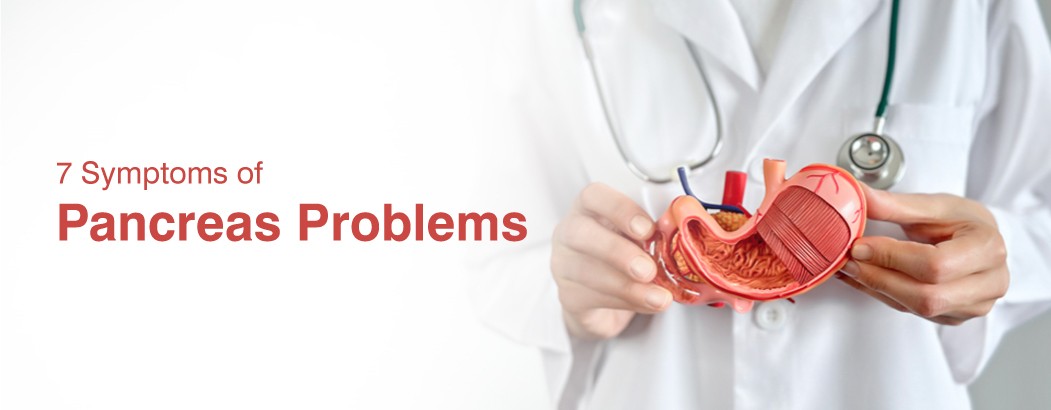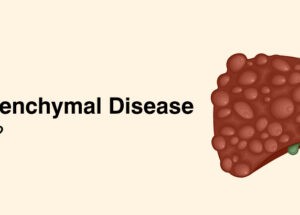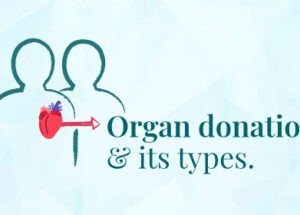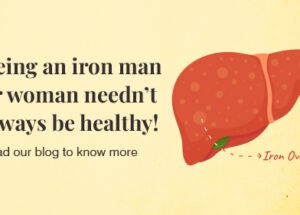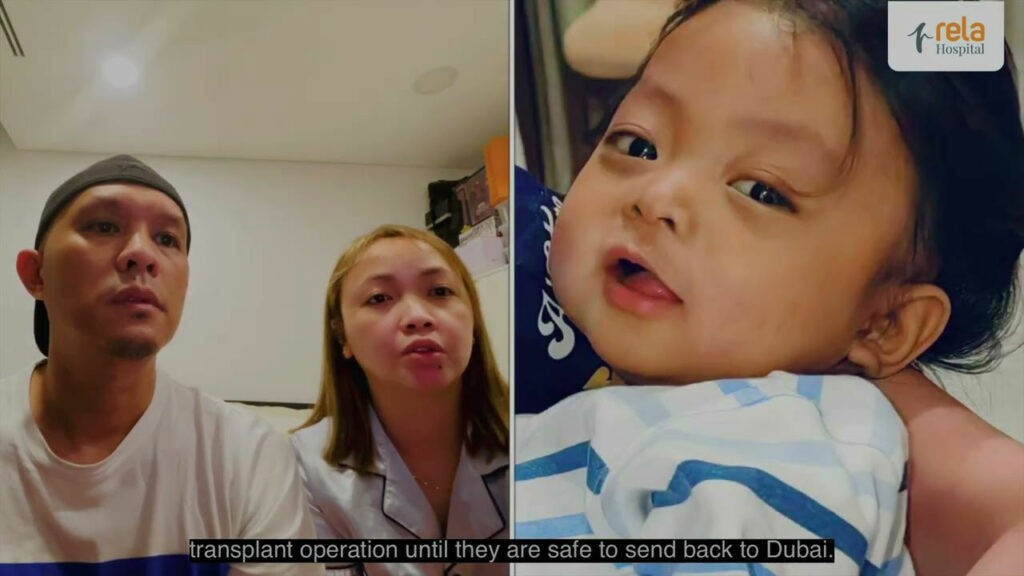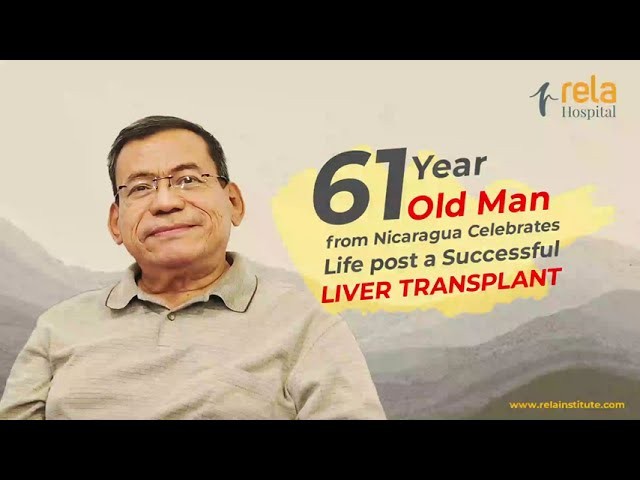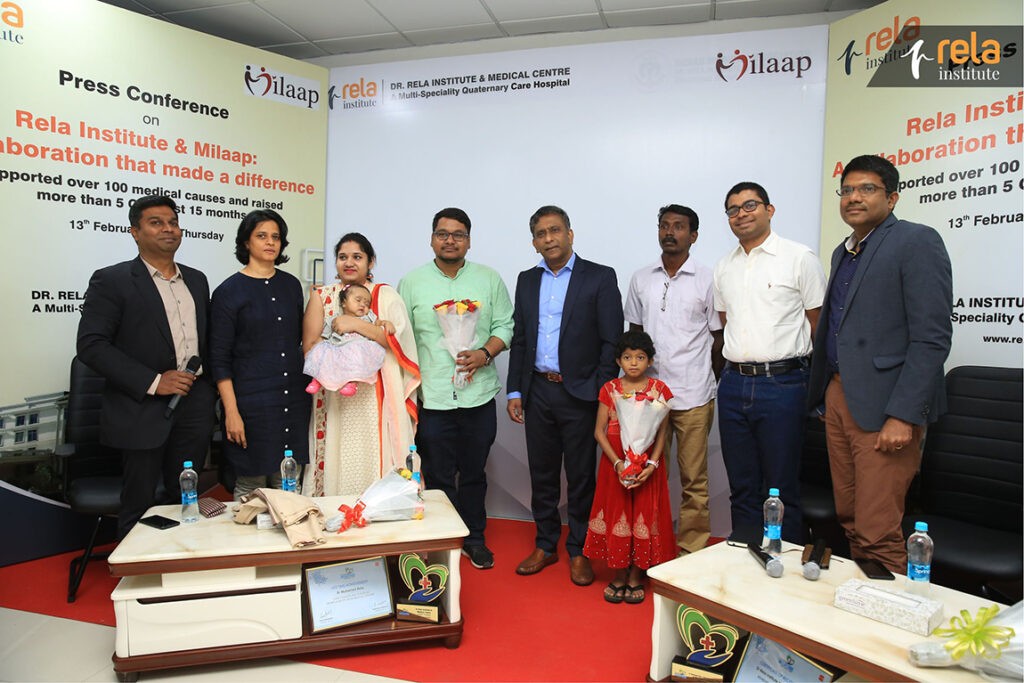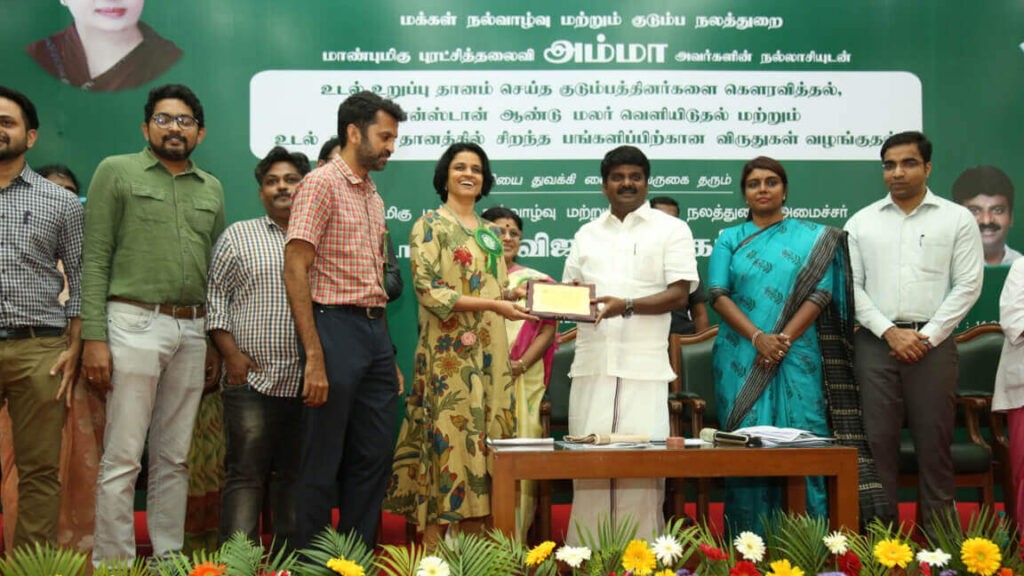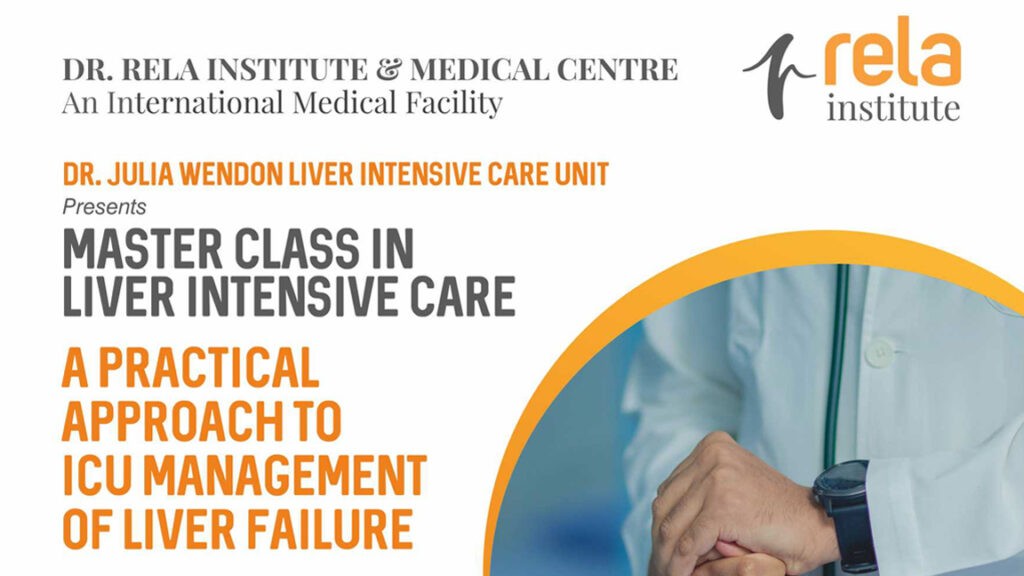Cholangitis
Inflammation in the bile duct system causes Cholangitis. The bile duct system is responsible for carrying bile from the liver and gall bladder into the duodenum.
Generally, it is caused due to bacterial infection and comes on suddenly. However, in other cases, it could be long-term and chronic. Another section of people develops inflammation and cholangitis due to an autoimmune condition.
Types
There are four types of cholangitis:
- Acute cholangitis or ascending cholangitis
- Primary sclerosing cholangitis (PSC)
- Secondary sclerosing cholangitis (SSC)
- Recurrent pyogenic cholangitis (RPC)
Signs and Symptoms
Early symptoms of chronic cholangitis are:
- Exhaustion
- Dry mouth
- Itchy skin
- Dry eyes
The symptoms of long-term chronic cholangitis are:
- Swollen ankles and feet
- Pain in the upper right side
- Hyperpigmentation
- Muscle pain
- Night sweats
- Pain in the joints or bones
- Bloating
- Fat deposits in the skin near the eyes and eyelids
- Fat deposits in the palms, knees, elbows and soles of the feet
- Weight loss
- Greasy, clay-coloured bowels
- Mood swings and problems with memory
Causes
There are several causes for the development of cholangitis. Sometimes, the cause is unknown. When diagnosed as chronic, cholangitis could be an autoimmune disease which results in inflammation.
Over a period, the inflammation can cause scars or the development of hard tissue within the bile ducts. This narrows and hardens the ducts and block smaller ducts.
Acute cholangitis is caused due to:
-
- A tumour
- Bacterial infection
- Blockages
- Gallstones
Cholangitis can also develop due to environmental causes, such as:
-
-
- Bacterial, fungal, viral or parasitic infections
- Chemicals
- Smoking
-
Risk Factors
If you already suffer from gallstones, your risk for cholangitis is greater. Other risk factors are:
-
-
- Suffering from inflammatory bowel disease such as Crohn’s disease or ulcerative colitis
- Having had medical procedures in the region of the bile duct
- Being diagnosed with human immunodeficiency virus (HIV)
- Travelling to areas with high exposure to parasites or worms
-
Prevention
Generally, it is not possible to prevent cholangitis. However, since this condition is largely caused due to the presence of gallstones in the bile ducts, it could be possible to prevent the development of gallstones.
To prevent gallstones from developing, the following can be done:
-
-
- Eat a healthy diet comprising sufficient soluble and insoluble amounts of fibre
- Exercise
- Quit smoking
-
Diagnosis
Your doctor can test for cholangitis by performing certain scans and tests. The blood tests include:
-
-
- Complete Blood Count (CBC)
- Blood culture
- Kidney function tests
- Liver function tests
-
Through scans, the blood flow inside the liver and other parts of the abdomen show up. These scans are:
-
-
- X-ray
- MRI scan
- Ultrasound
- CT scan
-
TREATMENT
Treatment given for acute and chronic cholangitis varies because their causes are different. Treatment also varies upon how early the diagnosis is made. If untreated, both these kinds of cholangitis can cause serious complications.
If treating acute cholangitis, it is important to undergo treatment as early as possible. For this, your doctor may advise a 10- daycourse of antibiotics.
Procedures to be done in the hospital may also be advised, such as:
-
-
- Intravenous fluids
- Bile duct drainage
-
To treat chronic cholangitis, however, no medications are available, except for the drug, ursodeoxycholic acid that protects the liver by enhancing bile flow. However, it does not treat cholangitis.
Treating chronic cholangitis includes:
-
-
- Management of Symptoms
- Monitoring Liver Function
- Procedures that Open Blocked Bile Ducts
-
Common procedures for both acute and chronic cholangitis are:
-
-
- Liver transplant
- Endoscopic therapy
- Surgery
- Percutaneous therapy
-
If you suffer from the side-effects of cholangitis, they can be treated in these ways:
-
-
- Take Vitamins A, D, E and K supplements
- Take Vitamin D and calcium supplements for osteoporosis
- Your doctor will monitor your high blood pressure reading and treat it
-
Preparing for Your Appointment
There’s a lot of ground to cover during your first appointment with your doctor, so it would help if you go well-prepared.
You can do this in these ways:
-
-
- Write down the symptoms you’ve been experiencing, any stresses you’ve had and any important personal information
- List out all the medications you’re on and the supplements you take
- Take along with you a family member or friend who will provide the necessary information you might forget to provide
- List the questions you want to ask the doctor
-
MANAGEMENT
Medical Management
In the absence of a cure for primary biliary cholangitis, there are medications that can retard the progress of this disease and lead to further complications. They are:
-
-
- Ursodeoxycholic acid (UDCA): This is the generally used first. It helps reduce liver scarring and overall liver function.
- Obeticholic acid (Ocaliva): When given by itself or in combination with Ursodeoxycholic acid, it aids in improving liver function.
- Fibrates: When taken with Ursodeoxycholic acid, it works to get rid of itching and liver inflammation.
- Liver transplant: When all medications fail, a liver transplant is the last recourse a specialist takes for a successful long-term outcome.
-
Lifestyle & Others
Though medications may help you improve, yet there are certain lifestyle changes you should incorporate now to prevent any further complications. These are: opting for low-sodium foods, excluding raw shellfish from your diet, exercising so that you don’t have bone loss and giving up alcohol.
WHY Rela Hospital
Advantages/Expertise
If you are diagnosed with cholangitis, you need to have the best liver specialists in India attend on you. Where better can you be sure of finding them than in a dedicated hospital for liver diseases?
Welcome to the Dr Rela Hospital, Chennai, where you can depend not just on the expertise of Dr Rela himself, a liver specialist, but also his team of specialists.
This hospital has been specially set up to all liver ailments apart from liver cholangitis disease, has been set up on a 36-acre estate in Chromepet, Chennai. With 450 beds, 130 critical care beds and 14 operating rooms, apart from state-of-the-art diagnostics, you’re in the hands of the best in cholangitis treatment in Chennai and other related liver diseases.
Already, this hospital has made a name for itself in the realm of cholangitis liver transplant in Chennai by treating several patients successfully. With a high success rate and complimentary nursing care, treating chronic liver disease treatment in India has now become dependable and easily available.
When are diagnosed with liver cholangitis disease, you can’t waste time. Avail of the best treatment in this field. Now available at Dr. Rela Hospital, Chennai.


